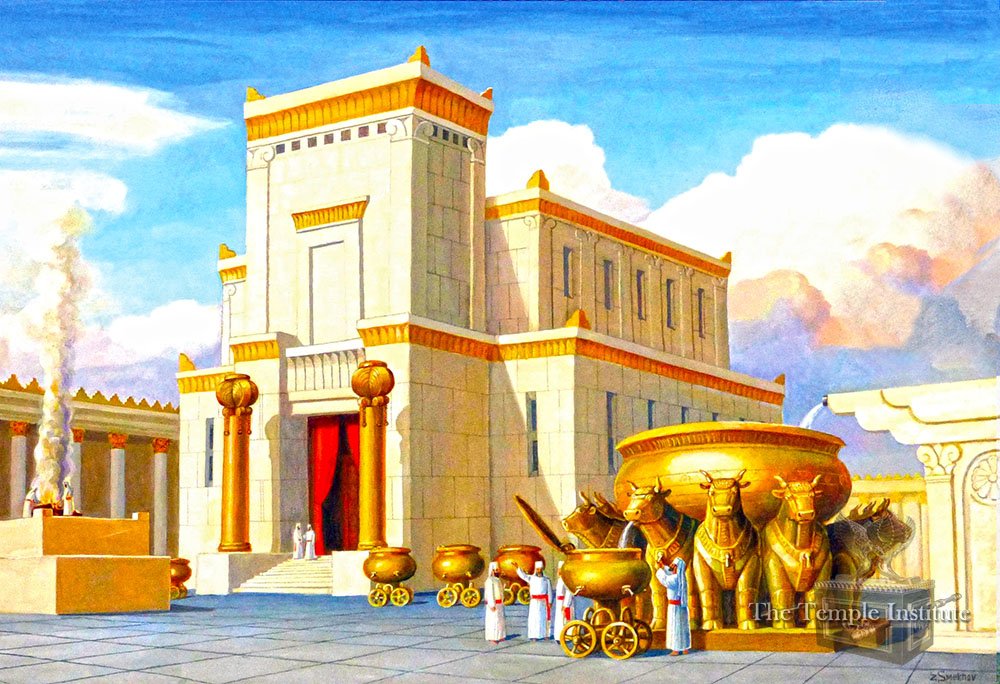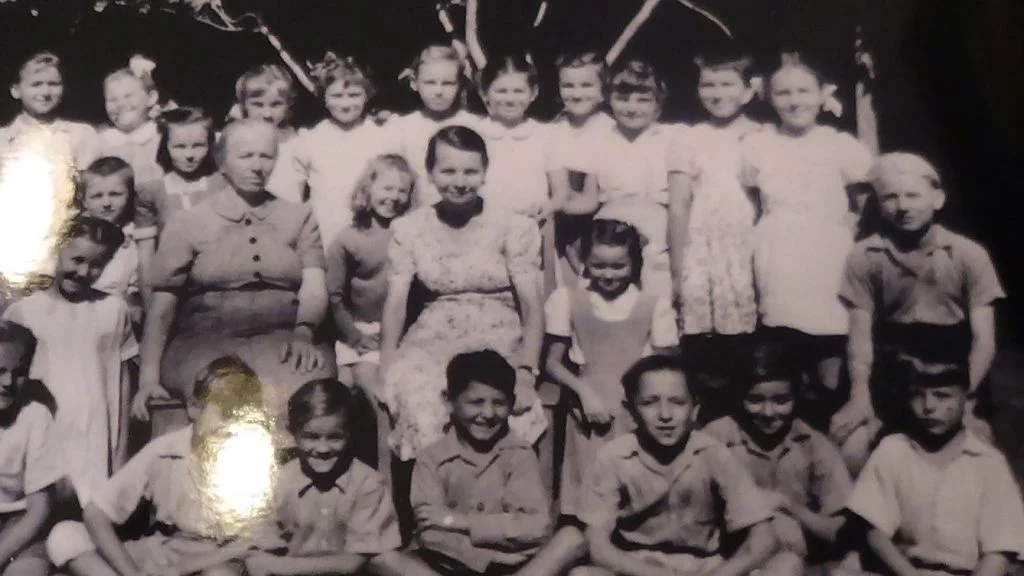The story of India Israel friendship is a compelling narrative that intertwines the histories of two ancient civilizations. Rooted in shared values, mutual respect, and enduring camaraderie, this bond has its origins in the distant past, when the Jewish people found refuge in India after the destruction of the First Temple of Solomon in 586 BCE. Unlike many parts of the world where they faced persecution, India became a sanctuary where Jewish communities flourished, practicing their faith and preserving their traditions without fear.
Ancient Israel India Connections: The Arrival of Jews in India

The destruction of the First Temple by the Babylonians marked a pivotal moment in Jewish history, scattering the Jewish diaspora across the world. Among the many places they sought refuge, India stood out as a land of tolerance and acceptance. The first Jewish settlers are believed to have arrived on the Malabar Coast, in present-day Kerala, where they established themselves as a peaceful and industrious community. Known as the Cochin Jews, they were warmly welcomed by the local Hindu rulers, who granted them land and freedom to practice their religion.
Over the centuries, other Jewish groups followed. The Bene Israel, another significant Jewish community, is thought to have arrived on the Konkan Coast near present-day Mumbai around 175 BCE. According to tradition, they were shipwreck survivors who were embraced by the local population. Adopting Marathi as their language and blending into the cultural fabric of the region, the Bene Israel thrived while maintaining their Jewish identity.
In the 18th and 19th centuries, the Baghdadi Jews migrated to India from Iraq and other parts of the Middle East, settling in cities like Kolkata and Mumbai. They contributed significantly to commerce and philanthropy, leaving an indelible mark on India’s social and economic landscape.
A Happy Chapter from World War II: Israel Archives
Another remarkable and heartwarming Jewish story unfolded during the dark days of World War II. At the onset of the war, a ship carrying 1,200 Polish Jewish kids and their guardians fled Nazi persecution. Initially, the ship sought refuge in Britain, but entry was denied. With nowhere else to turn, the ship reached Mumbai, sponsored by a Baghdadi Jewish philanthropist from Kolkata. However, British colonial authorities in Mumbai refused to grant them permission to dock, leaving the refugees stranded and desperate.

Witnessing their plight, the Maharaja of Jamnagar, a princely state in Gujarat, stepped forward. Defying colonial constraints, he welcomed the children as his guests and provided them with shelter and care throughout the war. Under his protection, the orphans found safety and solace, free from the horrors of persecution.
After the war, many of these children emigrated to their newly established homeland, Israel, or to the United States. Yet, their gratitude for India’s kindness never faded. In 1989, these former refugees, along with their children and grandchildren, returned to Jamnagar to pay homage to the land and people who saved them. They erected a memorial to honor their safe haven and the Maharaja’s humanitarian gesture. When Gujarat faced a devastating earthquake in 2001, the same group returned once again, adopting two villages to aid in the region’s reconstruction. This enduring bond exemplifies the deep gratitude and reciprocity that define the India-Israel relationship.
A Haven Amid Global Persecution: Israel India Bonhomie
What sets India apart in the Jewish historical narrative is the absence of anti-Semitism. While Jewish communities in Europe, the Middle East, and North Africa endured pogroms, expulsions, and systemic discrimination, Jews in India experienced an environment of coexistence. Hindu philosophy’s inherent respect for diverse paths to the divine played a crucial role in fostering this harmony. Local Hindus not only provided shelter to Jewish immigrants but also allowed them to preserve their religious practices, cultural traditions, and communal structures.
This starkly contrasts with the treatment of Jews elsewhere. In Europe, they were frequently scapegoated for economic troubles, accused of heresies, and subjected to violent attacks. In the Middle East, Jews were often relegated to second-class status under dhimmi laws. Against this backdrop, India’s embrace of its Jewish communities stands as a beacon of tolerance and humanity.
Modern Bonds: The Creation of Israel and Mutual Acknowledgment
The establishment of Israel in 1948 marked a new chapter in Jewish history. The Jewish state’s creation was greeted with challenges, but it also brought an opportunity for the global Jewish diaspora to reconnect and reflect on their past. Indian Jews, many of whom emigrated to Israel, carried with them fond memories of their homeland and a deep gratitude for India’s hospitality. Israel has often acknowledged India as the only place where Jews have lived without facing discrimination or violence.
India’s diplomatic recognition of Israel in 1950 was a significant milestone, although formal relations were established only in 1992. Since then, the two nations have strengthened their partnership in multiple domains, including defense, agriculture, technology, and education. Israel’s expertise in water management and desert agriculture has been instrumental in aiding India’s developmental goals, while India’s IT and pharmaceutical sectors have contributed to Israel’s economy.
Shared Values and a Promising Future
India and Israel, as ancient civilizations with rich cultural heritages, share values that transcend time. Both nations have demonstrated resilience in the face of adversity, a commitment to democracy, and a reverence for knowledge and innovation. These shared traits form the bedrock of their contemporary alliance.
Looking ahead, the potential for collaboration is immense. In agriculture, Israel’s cutting-edge drip irrigation technology can revolutionize India’s farming practices, enhancing food security for millions. In technology, the synergy between Israel’s startup ecosystem and India’s vast market offers unparalleled opportunities. Defense cooperation continues to grow, with both nations benefiting from shared intelligence and advanced weaponry.
Cultural exchanges further strengthen ties, fostering mutual understanding and appreciation. Programs that promote academic collaboration, tourism, and diaspora engagement are vital in building bridges between the people of both nations.
Conclusion
The friendship between India and Israel is more than a diplomatic alliance; it is a testament to the enduring power of mutual respect and shared history. As India provided a safe haven for Jews for millennia, Israel now stands as a steadfast partner to India in its journey of growth and development. Together, these two ancient cultures, rooted in wisdom and resilience, can shape a future of innovation, prosperity, and peace for their people and the world at large.
For further Reading – https://en.wikipedia.org/wiki/India%E2%80%93Israel_relations
